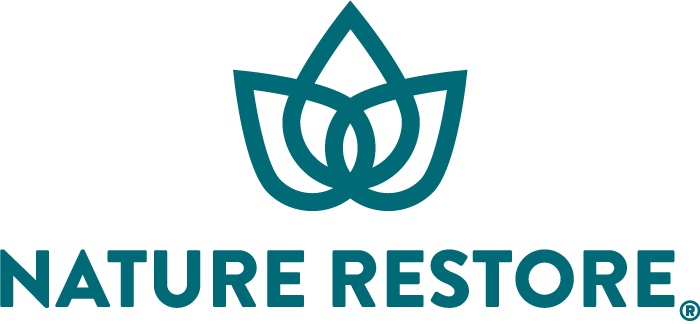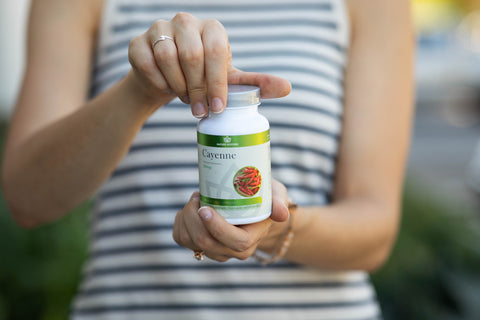
Friday 1st October 2021 marks World Vegetarian Day, where organizers encourage us all to be vegetarian for the day, regardless of whether we regularly eat meat or not.
First established by the North American Vegetarian Society way back in 1977, it’s now a global movement that highlights the benefits of a vegetarian diet.
What does it mean to be vegetarian?
Vegetarians eat a diet rich in fruits, vegetables, whole grains, lean protein and healthy fats. That’s not to say that all vegetarians eat a typically healthy diet all of the time. Because don’t forget, fries cooked in a deep fat fryer in sunflower oil are vegetarian. So is a margherita pizza.
But on the whole, a vegetarian diet cuts out all red meat, poultry and fish, and so it also cuts out the saturated fat and cholesterol associated with eating, in particular, red meat.
It’s different from a vegan diet – vegans avoid eating all animal products including all meat, fish, eggs, dairy products and even honey. Vegetarians still eat eggs, milk, cheese, yoghurt and other animal products that aren’t actual meat.
What are the benefits of a vegetarian diet?
Red and processed meat is associated with a higher risk of developing bowel cancer, and long-term chronic diseases such as type 2 diabetes, high blood pressure, high cholesterol and heart disease.
Therefore, a vegetarian diet decreases our risk of developing these diseases. Also, because you’re encouraged to eat more fruits and vegetables on a vegetarian diet, you’re also consuming more vitamins and minerals which help to support good overall health and a strong immune system.
There are also other benefits to eating less meat, not least the benefit to the animals that you’re not eating. The environment gets a better deal too, since animal agriculture contributes most to the carbon footprint of the world – more than even all the transport carbon production pooled together. The fewer animals the world eats, the fewer will be farmed, slaughtered, butchered and transported, lowering our carbon footprint.
How to get more vegetables into your life
The most important thing to keep in mind when you’re avoiding eating meat is your protein intake. There’s no reason why you can’t get enough protein on a vegetarian diet by eating protein-rich beans, chickpeas, pulses, nuts and seeds. Eggs and low-fat dairy products are also great protein sources.
As vegetarianism and veganism have taken off, the availability of meat alternatives has also boomed. You’ll be amazed how many meat-free alternatives there are now, such as mince which makes an almost identical chili or bolognese. Mainly made using soya, they make a great protein-rich addition to your diet.
Should I go vegetarian full time?
This is entirely up to you! We’re not here to tell you what to eat, we’re just here to remind you of the health benefits of fruits and vegetables as well as plant-based protein sources, eggs and low-fat dairy.
Our health, the health of the animals we consume and that of the planet can all benefit from us having a meat-free day or two each week. So why not switch up your diet a little bit, starting this 1st October?
You can always top up your diet with our nutrient-rich, delicious organic plant-based superfood powders and supplements too!





